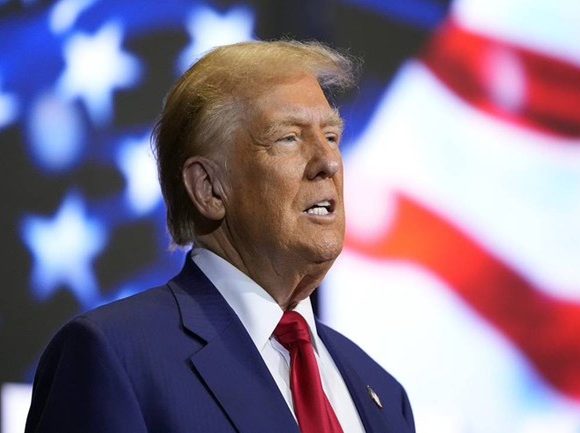
EU Removes UAE from Money-Laundering High-Risk List
The European Union has officially removed the United Arab Emirates (UAE) from its list of high-risk countries for money laundering and terrorist financing. The decision comes after a comprehensive assessment of the UAE’s regulatory reforms and commitment to strengthening its financial crime oversight mechanisms.
UAE Earns Delisting Through Stronger Compliance
The move signifies that the UAE has successfully addressed key deficiencies in its anti-money laundering (AML) and counter-terrorist financing (CFT) frameworks. It follows the country’s earlier removal from the Financial Action Task Force (FATF) “grey list” in February 2024. Since then, UAE authorities have taken a firm stance against financial misconduct, imposing penalties on non-compliant institutions and dismantling illicit financial networks.
The European Commission acknowledged these efforts as substantial and effective, aligning the UAE’s financial practices with international standards. The delisting is a major step forward for the UAE’s ambition to cement its status as a credible global financial hub.
Monaco and Others Added to High-Risk List
While the UAE celebrated its exit from the blacklist, the EU added Monaco and several other countries—including Algeria, Angola, Côte d’Ivoire, Kenya, Laos, Lebanon, Namibia, Nepal, and Venezuela—to its updated high-risk list. These additions are based on concerns over weak enforcement and continued vulnerabilities in their financial systems.
Monaco’s inclusion, in particular, has raised eyebrows given its high-profile efforts to modernize its AML regime. However, the EU stated that more concrete results are required before the principality can be reconsidered for removal.
Business Impact and Implementation
For businesses operating in or with the UAE, the delisting will ease the burden of enhanced due diligence previously required under EU regulations. Financial institutions and corporate entities will benefit from reduced compliance costs and improved transaction fluidity when dealing with UAE-based partners.
This change is expected to boost trade, investment flows, and banking cooperation between the EU and the UAE, especially in sectors like fintech, real estate, and cross-border finance.
Regulatory Timeline
The revised high-risk list will be formally adopted unless objected to by the European Parliament or the Council within the next month. Once approved, the regulation becomes binding under the EU’s Fourth Anti-Money Laundering Directive, reinforcing the bloc’s strategy to incentivize compliance and penalize persistent gaps in financial oversight.


















